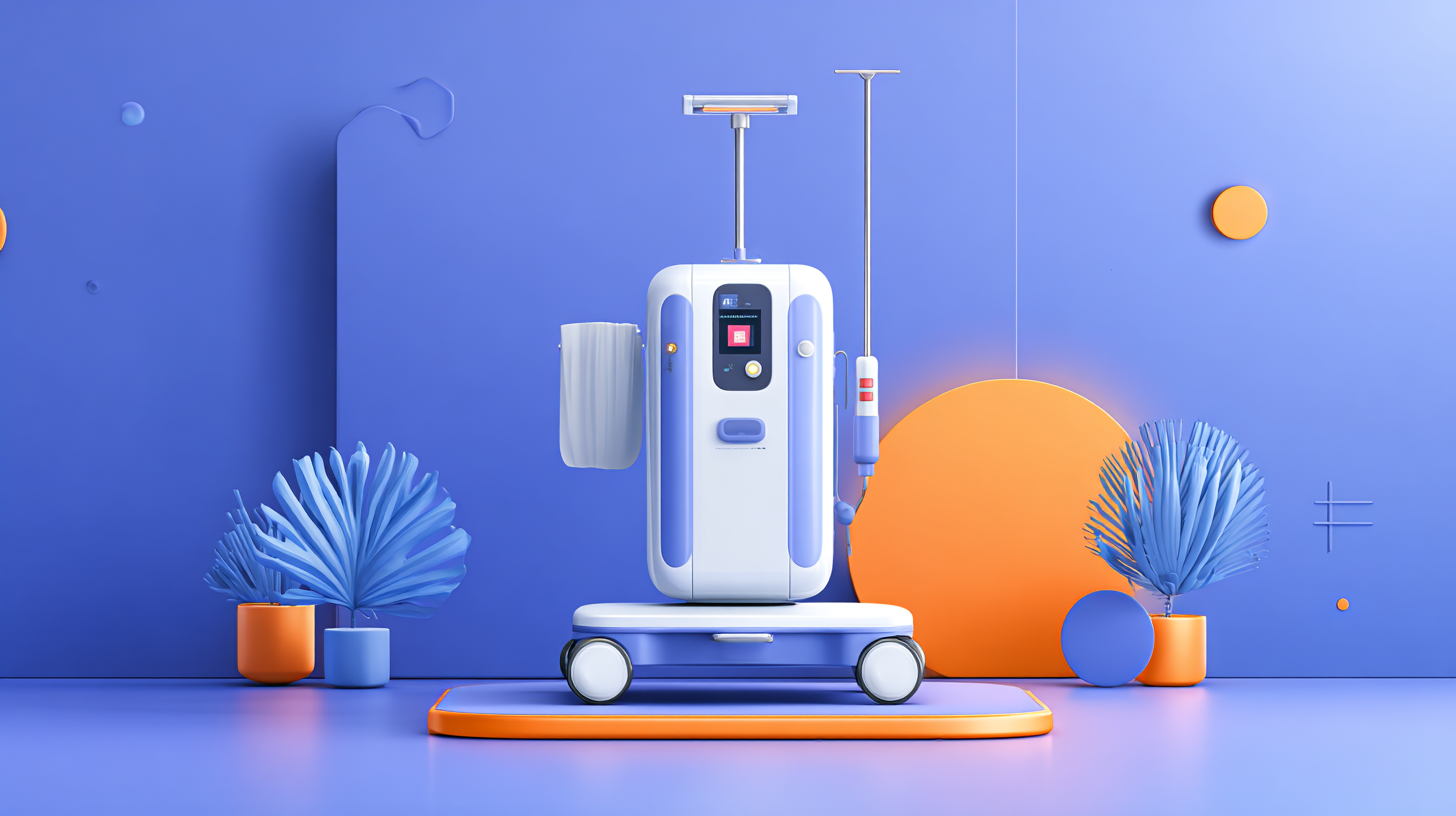Alzheimer’s disease remains one of the most challenging neurodegenerative diseases affecting millions of individuals worldwide. As healthcare professionals and researchers grapple with the rising incidence of this condition, innovative treatment options are emerging. Among these advancements, H2 Medical Technologies has unveiled a novel hydrogen-based device aimed specifically at addressing the treatment and prevention of Alzheimer’s disease. This article delves into the functionalities of this device, its ongoing trials, and the potential it holds for the future of Alzheimer’s treatment.
Understanding the Impact of Alzheimer’s Disease
The effects of Alzheimer’s disease extend beyond the individual, impacting families, caregivers, and healthcare systems. Currently, approximately 6.5 million Americans aged 65 and older live with Alzheimer’s, a number projected to rise as the population ages. According to the Alzheimer’s Association, this condition contributes to significant challenges in memory retention and cognitive function, leading to increased dependency and healthcare costs.
The urgency for prevention and effective treatment strategies cannot be overstated. As healthcare professionals, understanding these statistics positions us to advocate for innovative solutions like the hydrogen-based device being developed by H2 Medical Technologies.
H2 Medical Technologies’ Groundbreaking Device
The hydrogen-based device represents a pioneering approach in the treatment landscape for Alzheimer’s. This device leverages the therapeutic potential of hydrogen therapy, which has shown promise in various medical applications due to its anti-inflammatory and antioxidant properties. The primary function of the device is to deliver hydrogen gas in a controlled manner, targeting neuroinflammation—one of the key contributors to the progression of Alzheimer’s disease.
Mechanism of Action
Research indicates that hydrogen therapy may modulate oxidative stress and neuroinflammatory responses, crucial factors in the pathogenesis of Alzheimer’s. The device operates by administering hydrogen in a form that is easily absorbed by the brain tissue, promoting cellular health and potentially slowing down cognitive decline.
- Oxidative Stress Reduction: The device’s hydrogen gas aims to neutralize harmful free radicals.
- Neuroinflammation Modulation: It may help reduce the neuroinflammatory processes associated with Alzheimer’s.
- Enhancing Cognitive Function: Preclinical studies suggest potential improvements in memory and cognitive tasks.
Current Trials and Results
Ongoing trials spearheaded by H2 Medical Technologies are critical to determining the efficacy and safety of this device. The trials are essential not only in validating the benefits but also in paving the way for regulatory approvals. Researchers are currently enrolling participants across the United States and internationally, with results expected in the coming months.
Preliminary findings from early-stage trials are promising, indicating that participants showed cognitive improvements compared to controls. These results highlight the potential of hydrogen therapy in clinical settings, affirming the need for continued research.
Challenges in Alzheimer’s Research and Treatment
Despite the excitement around new technologies, the path forward is fraught with challenges. The Alzheimer’s treatment landscape is characterized by regulatory hurdles, varied individual patient responses, and the necessity for extensive clinical testing. The medical community must strategize to navigate these obstacles effectively.
Addressing Staffing Needs in Healthcare Innovation
The introduction of innovative medical devices like this hydrogen-based solution necessitates a skilled workforce, particularly in healthcare settings. Pulivarthi Group specializes in staffing solutions tailored to the medical device and healthcare industries. By connecting organizations with qualified candidates, we help ensure that healthcare teams are equipped to manage new treatments effectively.
Furthermore, as the demand for skilled professionals in Alzheimer’s research and treatment facilities grows, our staffing services provide access to a diverse talent pool, including clinical researchers, healthcare professionals, and regulatory experts.
Connecting with Healthcare Professionals and Researchers
As the medical landscape evolves, it is crucial for healthcare professionals and caregivers to stay informed. Understanding the implications of emerging technologies and devices can enhance patient care and treatment outcomes. Regularly engaging with reliable resources and participating in relevant discussions can provide valuable insights into new treatment modalities.
Additionally, the significance of forming partnerships among healthcare organizations, researchers, and staffing companies cannot be underestimated. These collaborations foster an environment where knowledge is shared, and innovations can thrive.
Conclusion: The Future of Alzheimer’s Treatment
In conclusion, the development of the hydrogen-based device for Alzheimer’s treatment represents a significant advance in the fight against this debilitating disease. As trials progress, the medical community remains hopeful for breakthroughs that could revolutionize care for millions affected by Alzheimer’s. By raising awareness and supporting ongoing research efforts, professionals in the healthcare sector can contribute to a brighter future for Alzheimer’s treatment.
If you’re interested in staying updated on the results of the ongoing trials for the hydrogen-based device or wish to learn more about its implications for Alzheimer’s treatment, we invite you to learn more about the device’s trial results. Your engagement is vital in this fight against Alzheimer’s disease.





